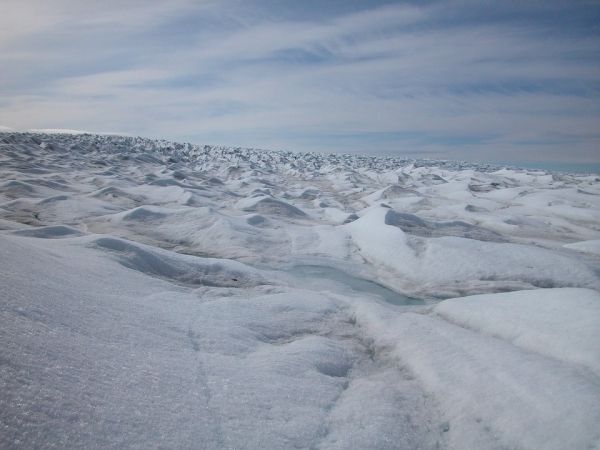A new study has found that the world’s second-largest ice sheet is generating huge amounts of heat.
Researchers including BAS oceanographer Dr Keith Nicholls have observed extremely high rates of melting at the bottom of the Greenland Ice Sheet. The lubricating effect of this meltwater has a strong effect on the movement of glaciers and quantity of ice discharged into the ocean, but directly measuring it is a significant challenge.
Now, researchers have used a technique developed by BAS and used previously on floating ice sheets in Antarctica called phase-sensitive radio-echo sounding to measure and better understand melt rates of the Greenland ice sheet. The results are published this week in the journal Proceedings of the National Academy of Sciences.
Read more at British Antarctic Survey
Photo Credit: DreamDareDazzle via Pixabay


